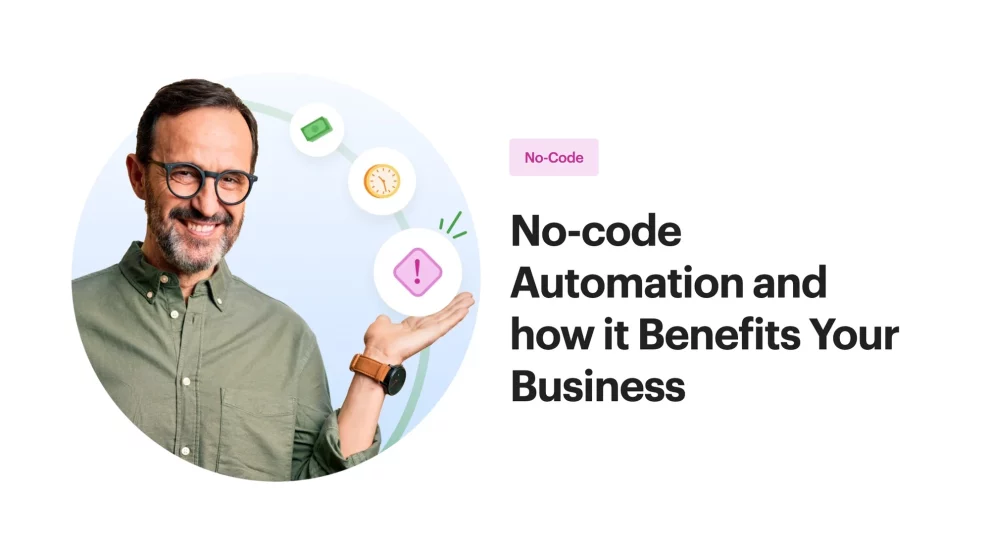In today’s fast-paced business world, small businesses often wear many hats and struggle with limited resources. Automation, once the domain of large corporations, has become an accessible tool for streamlining operations and maximizing efficiency thanks to the rise of no-code platforms.
What are no-code tools?
No-code platforms empower individuals with no coding experience to build applications and automate tasks using intuitive drag-and-drop interfaces and pre-built templates. These tools democratize technology, allowing businesses to automate processes without relying on expensive developers.
How can small businesses benefit from no-code automation?
- Boost efficiency: Automate repetitive tasks like data entry, social media scheduling, and email marketing, freeing up valuable time for more strategic work.
- Reduce costs: Eliminate the need for developers or expensive software, making automation affordable for even the smallest businesses.
- Improve accuracy: Reduce human error in manual processes, leading to better data accuracy and overall performance.
- Empower employees: Give non-technical employees the ability to build custom tools and solutions, fostering a culture of innovation.
- Scale with ease: Easily adapt and expand automated workflows as your business grows, without costly development cycles.
Examples of no-code automation for small businesses:
- Marketing & Sales: Generate personalized email campaigns, automate lead nurturing sequences, and manage social media scheduling.
- Customer Service: Build chatbots for simple inquiries, automate ticket routing, and send personalized post-purchase follow-ups.
- Operations & Finance: Automate data entry for invoices and expenses, send automated payment reminders, and track project progress.
- Internal Communication: Create internal dashboards and workflows for tasks like employee onboarding, expense approvals, and team collaboration.
Getting started with no-code automation:
- Identify your needs: What repetitive tasks or processes are dragging you down? Prioritize them for automation.
- Explore the no-code landscape: Research tools like Zapier, Integromat, Airtable, Monday.com, and Bubble to find one that fits your needs and budget.
- Start small and experiment: Don’t try to automate everything at once. Begin with a simple task and learn the platform before tackling more complex workflows.
- Seek support and resources: Numerous online communities and tutorials cater to no-code users. Utilize them to overcome challenges and learn new skills.
Remember: While no-code tools offer tremendous benefits, they have limitations. Complex applications or integrations might require coding expertise. Choose tasks that align well with no-code capabilities for optimal results.
In conclusion, no-code automation is a game-changer for small businesses. By harnessing the power of these accessible tools, you can streamline operations, boost efficiency, and free up time to focus on what matters most: growing your business. So, ditch the repetitive tasks and embrace the no-code revolution!
















Add Comment